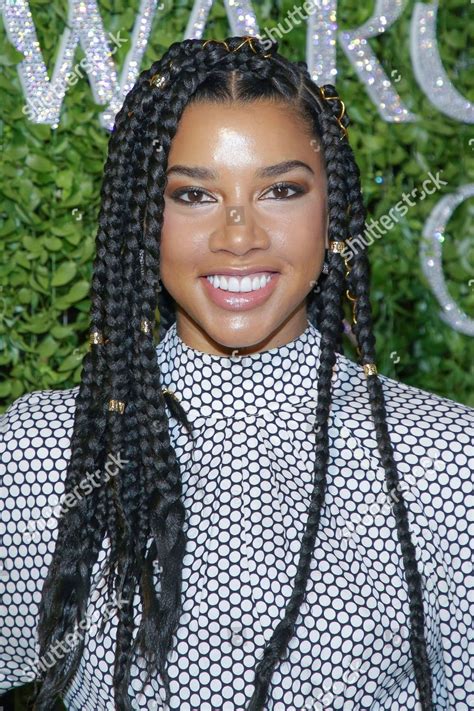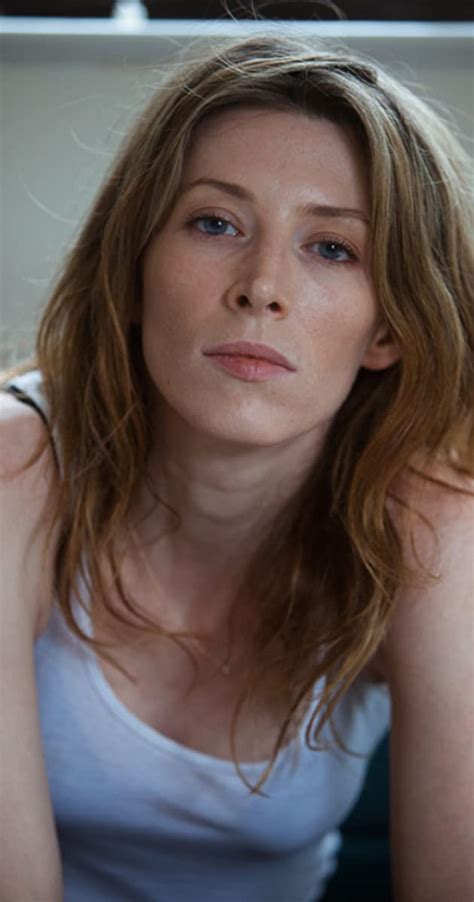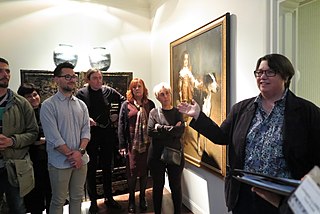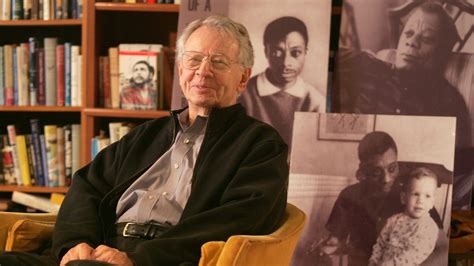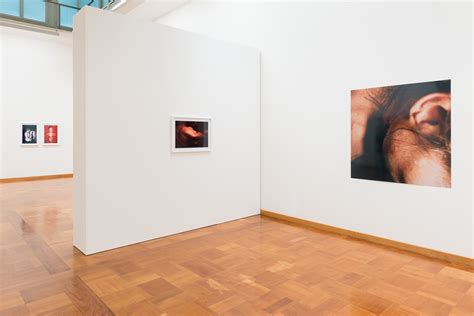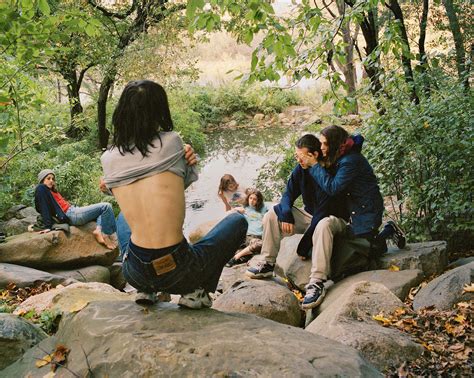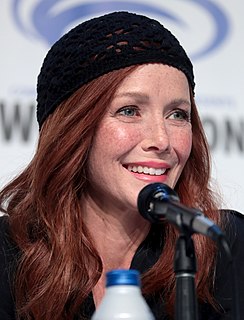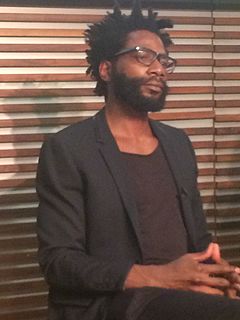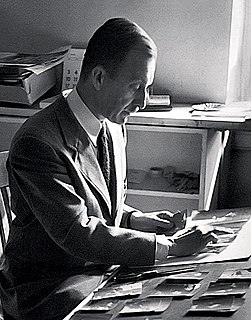A Quote by Francois Nars
I was spoiled growing up in the 1970s because magazines were publishing the photographs of Helmut Newton and Guy Bourdin without compromise. You really felt that sense of freedom through their images.
Related Quotes
We wanted to have in Lotus Eaters something that looks really beautiful on the outside but is not necessarily on the inside. There's a lot of superficial references. I remember we were looking at Helmut Newton's photographs - they just look so glossy and beautiful, but you look closely and you can see the cellulite.
I've been collecting photographs since I don't know when, for a long time, for different reasons. You can find them on eBay and when we were browsing through the shops there were images that attracted me. These are all historical images because these days they're all digital. They don't exist anymore.
I see manuscripts and books that are spoiled for the literary reader because they are one long stream of top-of-the-head writing, a writer telling a story without concern for precision or freshness in the use of language. Some of this storytelling reads as if it were spoken rather than written, stuffed with tired images that pop into the writer's head because they are so familiar. The top of the head is fit for growing hair, but not for generating fine prose.
I didn't do well in high school, but I took photography, and I loved being able to capture moments. It led to more and more photography, and fashion was the angle into photography for me. It was incredible to see photographs by Irving Penn or Helmut Newton. I was really intrigued by that, and that's what led me to New York City.
Things changed a little when I started taking photographs for magazines. I was afraid in the beginning. I thought, "Oh I can't do it, because I have never taken a photographs commercially for a magazine." But I wanted to learn so I started. But when I took models from agencies, I took beginners. Sometimes they were really good, but you have to work with them. You have to be good with women and the boys.
Images anesthetize. An event known through photographs certainly becomes more real than it would have been if one had never seen the photographs ... But after repeated exposure to images it also becomes less real. ... 'concerned' photography has done at least as much to deaden conscience as to arouse it.
The original interest in making pictures that don't directly depict came around '97 or '98, when I felt there was such an acceleration of images in the world, and that was before Flickr and so on. So I felt a need to slow down how one consumes photographs. With the abstract pictures, I was engaged in trying to find new images, but in practice, it was a bit like throwing a wrench in the spokes. The omnipresence of photography is at a level that it has never been in the history of the world. I feel really curious to now reengage and see what the camera can do for me.
I was an only child growing up, and my father passed away when I was twelve, so for most of my life, it was just me and my momma. We were really, really close. Learning to live in the world without her has been incredibly hard. At first, it didn't make any sense - how to do it, to live without her - but you slowly get somewhat used to it.

